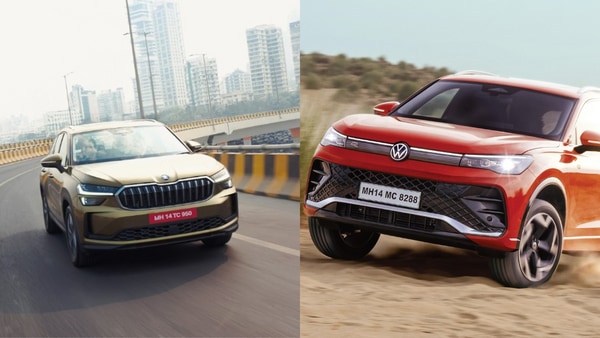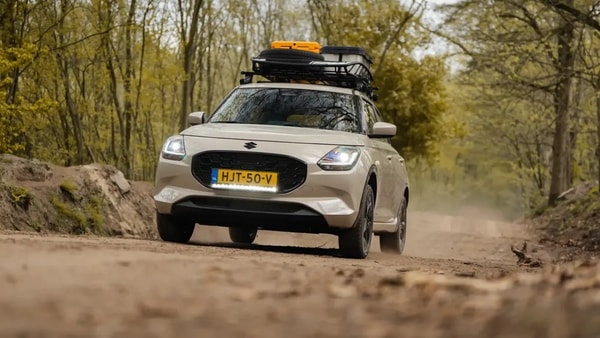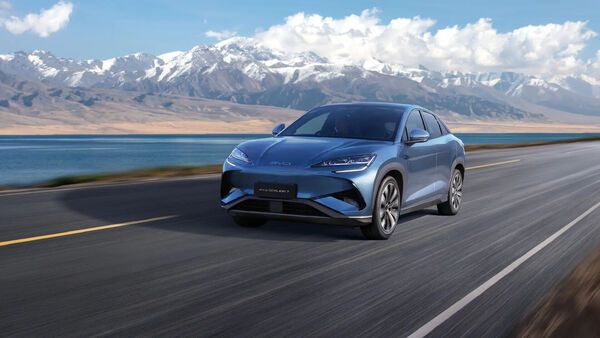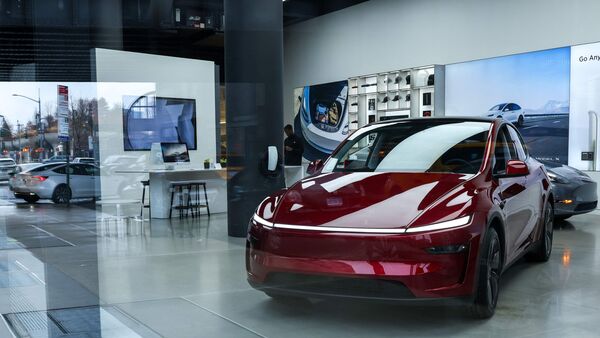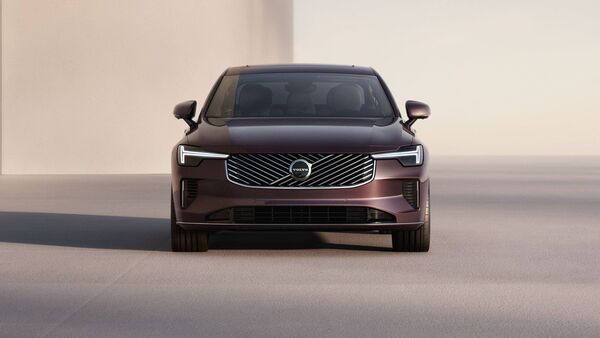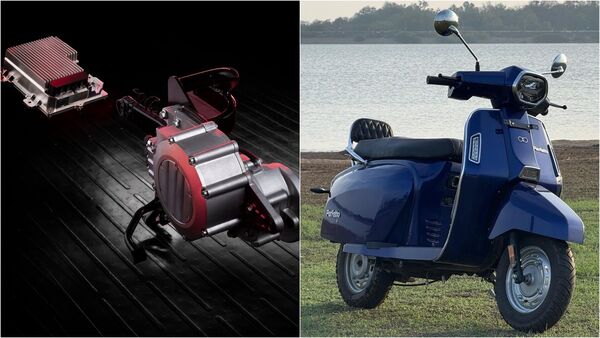
BNC Perfetto’s E-Axle Motor: The Tech That Drives Innovation
1 month ago | 5 Views
BNC Motors, located in Coimbatore, has recently unveiled its latest electric scooter, the Perfetto. As a relatively new player in the electric mobility sector, having been established five years ago, the company aims to make a significant impact in the personal electric scooter market with this new model. The BNC Perfetto is designed to embody classic scooter aesthetics while offering practicality and a dependable powertrain developed in collaboration with Musashi. We had the opportunity to speak with Naoya Nishimura, CEO of Musashi India and Africa Region, and Anirudh Ravi Narayanan, CEO of BNC, to gain insights into their partnership and the e-axle technology that powers the Perfetto.
Musashi is recognized as one of the oldest manufacturers of automotive components worldwide, having collaborated with renowned brands such as Honda, Ford, General Motors, Audi, BMW, Fiat, Triumph, and JLR, among others. The recent partnership with BNC signifies a pivotal moment as Musashi enhances its footprint in India's electric mobility market. The collaboration began over three years ago, culminating in the development of the e-axle specifically for electric two-wheelers, with the Perfetto being the inaugural product to utilize this technology.
Anirudh from BNC emphasizes the importance of reliable technology for their electric scooter. He notes, “In the current scooter market, it is predominantly family-oriented, with both men and women sharing the same scooter, especially in the 125 cc category.”
To create an ideal family electric scooter, Narayanan highlights that elements such as design, practicality, and functionality are crucial. The Perfetto features styling inspired by Italian designs, reminiscent of the Lambrettas and Vespas from the 1960s and 1970s.
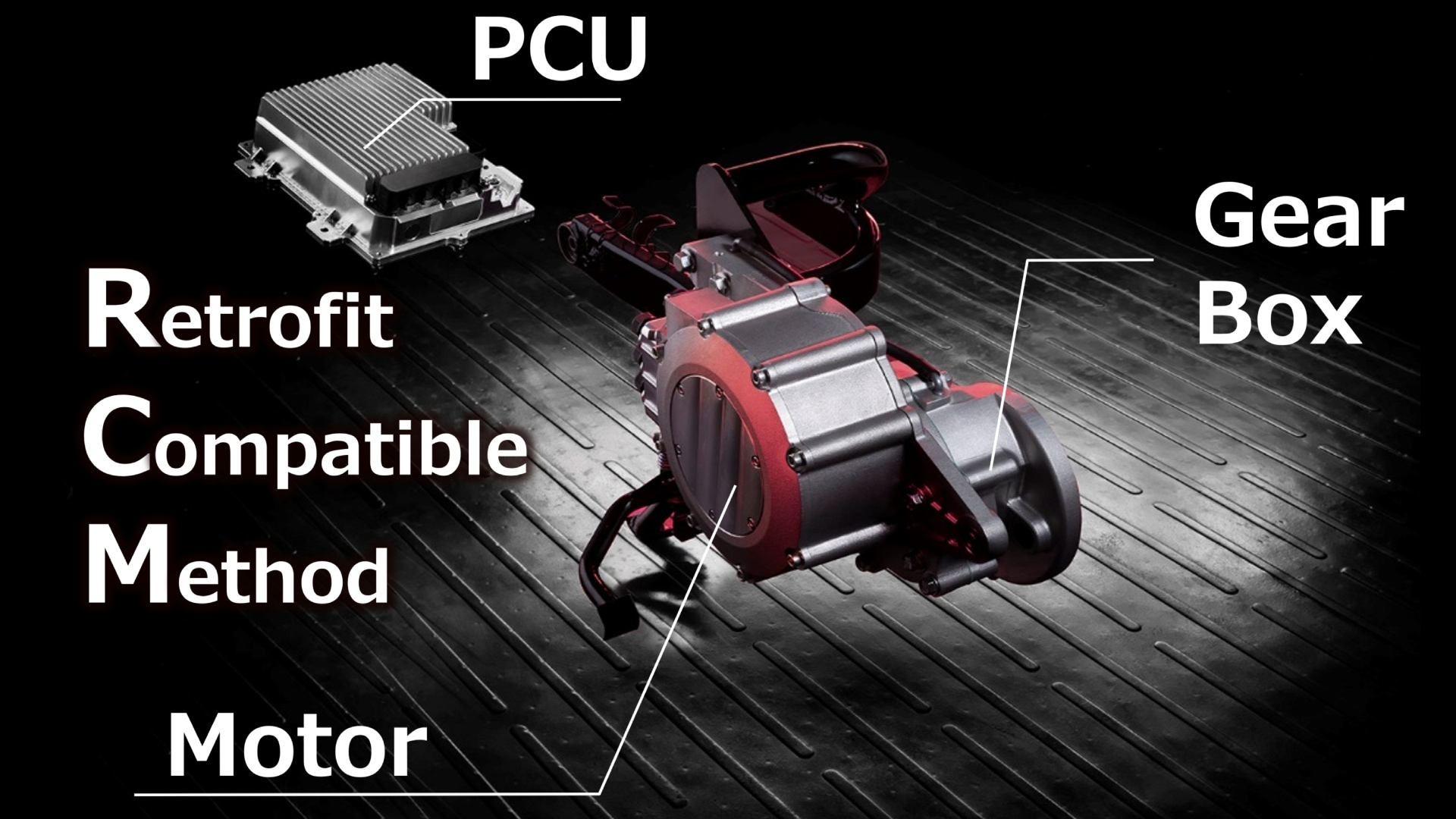
The e-axle motor presents itself as a practical choice, with reliability being a primary consideration. Naoya Nishimura elaborates that the e-axle motor is designed to be side-mounted, facilitating easier integration compared to hub-mounted and mid-drive motors found in other products. This compact design enhances spatial efficiency without sacrificing the speed and torque performance of the scooter.
The e-axle motor enables the BNC Perfetto to reach a maximum speed of 80 km/h. The e-scooter can accelerate from 0 to 40 km/h in just 4 seconds and possesses sufficient power to navigate inclines of up to 16 degrees. Nishimura further notes that the company has leveraged its extensive experience in manufacturing various components for the automotive industry, including gearboxes and parts for fuel cell electric vehicles (FCEV), to develop the e-axle motor. Collaborations with Delta Electronics in Taiwan and a partnership with Toyota Tsusho have provided valuable insights that have contributed to the development of this motor.
BNC emphasizes that scooters in India face diverse usage scenarios, making reliability an essential attribute for their vehicles. The company aims for customers to utilize the Perfetto in a manner akin to that of a conventional 125 cc family scooter.
Expectations from India
Both Musashi and BNC are placing their bets on the Perfetto. BNC plans to enhance its market presence by establishing 100 new dealerships by the year's end, with 70 expected to be operational by March. Additionally, the brand intends to export the electric scooter to various markets across the country, with international exports already on the horizon. BNC currently exports the Challenger electric two-wheeler and has confirmed plans to upgrade the Challenger to feature the e-axle motor for export markets.
Musashi views the rapidly expanding electric mobility sector as a promising business opportunity. The government's support through the Production-Linked Incentive (PLI) scheme, along with other incentives, is designed to promote local manufacturing. This initiative is expected to lead to increased availability of components and reduced costs for both electric motors and batteries.

When questioned about potential improvements to enhance the electric mobility sector as a whole, both Musashi and BNC emphasized the need for support in the Goods and Services Tax (GST) framework. Currently, EV components are subject to an 18 percent tax, while electric vehicles are taxed at only 5 percent. A more uniform GST rate of 5 percent for both components and vehicles would be advantageous for manufacturers and automakers alike.
Read Also: 2025 Honda Hornet 2.0: What’s New in the Updated Streetfighter?
Get the latest Bollywood entertainment news, trending celebrity news, latest celebrity news, new movie reviews, latest entertainment news, latest Bollywood news, and Bollywood celebrity fashion & style updates!


